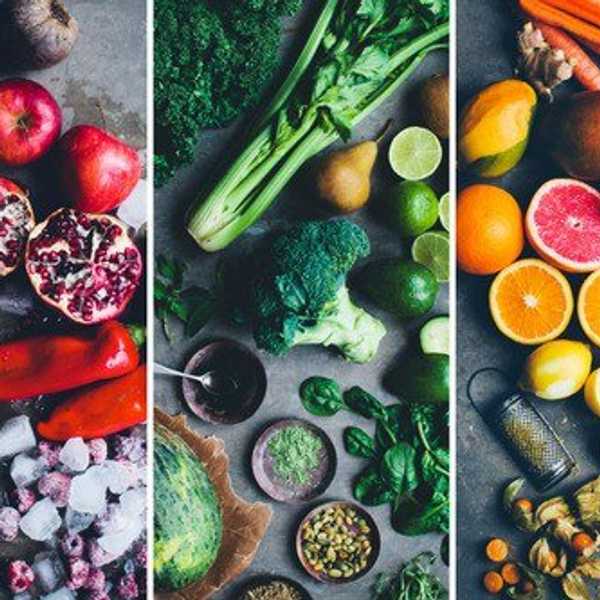There is news going around on the topic of Genetically Modified Organisms, also known as GMOs, which are supposedly the next plague on our society. A lot of people are started to join the “GMO free” trend and only consuming products that meet their criteria. Others serve as advocates for GMOs and claim there should not be any labeling because it will only hurt farmers. One debate is deciding whether GMOs should be labeled or not? Depending on the perspective you take and the information you decide to look at, all sides are very justified. Should we really be worried as to what GMOs we consume? Should we consume any at all?
The World Health Organization states that “genetically modified organisms (GMOs) can be defined as organisms (i.e. plants, animals or microorganisms) in which the genetic material (DNA) has been altered in a way that does not occur naturally by mating and/or natural recombination.” WHO continues on the definition by saying “it allows selected individual genes to be transferred from one organism into another, also between nonrelated species.” According to the definition, a GMO can be as simple as a square watermelon. Amy Harmon of the New York Times states these aren’t scary mutant watermelons, they were simply grown inside boxes to control their size and make them easier to handle and ship. So if a GMO is so simply changing a shape or color by altering its basic natures, why is everyone so afraid?
The common misconception is that GMOs are these scary, chemical ingredients that taint our food are going one day going to kill our bodies with illnesses. Sure, there are some very rare cases where chemicals are used as GMOs but with my experiences touring farms and listening to guest representatives from all over the U.S, it has become evident as to how rare it really is. Most farmers have refused to put their consumers at risk for those different practices. Harmon goes on in her article previously cited by quoting the National Academies of Sciences, Engineering, and Medicine when they stated that “there was no evidence that G.M.O.s in North America, where such items have been part of the diet since 1996, had contributed to a higher incidence of cancer, obesity, diabetes, kidney disease, autism, celiac disease or food allergies, in comparison with Western Europe, where G.M.O.s are rarely eaten.” This quote is very simple. Since GMOs began introducing themselves to our food, there has been no evidence proving that there is any increased risk of disease or illness. This may only be one piece of the puzzle but it is definitely reassuring to see that so far, GMOs are not dramatically harming consumers. But they are also still very knew so studies will need to be continuously tested until this will be rock solid evidence.
On the other hand, as a crossfit athlete myself, I will have to admit that there are some GMO practices that I will personally watch out for. Allison Young of Natural Health backs up those concerned for their health by saying even though GMOs have not been proven dangerous, they are still so new to our society that such things could still have a chance of causing consumers health problems we do not know of just yet. Harmon introduces the statistic showing that “as much as 70 percent of the processed stuff in supermarkets contains an engineered ingredient.” That statistic could argue on both sides of the issue by saying it hasn’t killed us yet so it never will or by saying we’re all doomed because it’s in everything. However, the truth to the statistic is slightly fear-striking because since most of our food is genetically modified, there is a risk of a disease or illness striking the public at any time from introducing us to chemicals our body is unaware of. The World Health Organization mentions the topic of antibiotic resistance, saying that since GMOs sometimes include antibiotic resistant injections, there is a chance humans could eventually become resistant as well. The reason this is so fear-striking, is because medical practices rely heavily on antibiotics to cure so many illnesses that becoming resistant could be disastrous. The WHO also brings up the environmental concerns that we are putting unnecessary chemicals in the environment while trying to decrease use of pesticides and such which is only cancelling out attempts to save our environment if not further damaging it.
No, not all GMOs are bad for you. Some are as simple as moving a plant over 5 feet so it breeds with a different plant. My advice is for you to do your research and personally decide what is safe for your own consumption. Don't just assume that non GMO is healthier... in fact, it could not taste as good but be equal health wise.





















